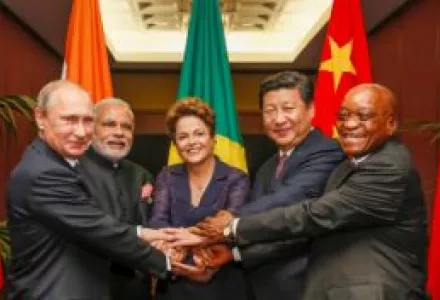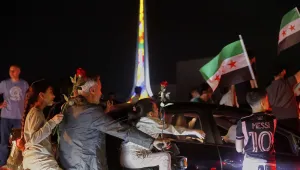Why do some states have more status than others? Practitioners and scholars often refer to the existence of an international pecking order. Yet, though status is used to explain important phenomena in international politics—such as hegemonic wars and the foreign policy of emerging powers—little is known about what status is, how it works, or where it comes from.
This seminar draws on an interdisciplinary body of research to explore the foundations of international status. Whereas previous research defines status in terms of state attributes such as wealth or nuclear weapons, the speaker argues that status is founded on peer recognition—that is, high-status states are those recognized as such by other states. This enables the speaker to move beyond ranking states based on attributes to examine empirically how status emerges from state relations. Using statistical tools for the study of networks, the speaker investigates status recognition in the context of diplomatic relations. The results indicate that status is fundamentally relational rather than being reducible to states' attributes. For emerging powers, this implies that investing on attributes as a means to achieve status is ineffective and potentially counterproductive.
Please join us! Coffee and tea provided. Everyone is welcome, but admittance will be on a first come–first served basis.



